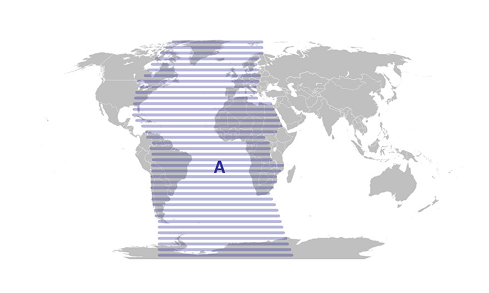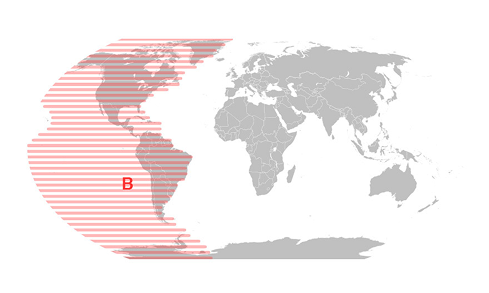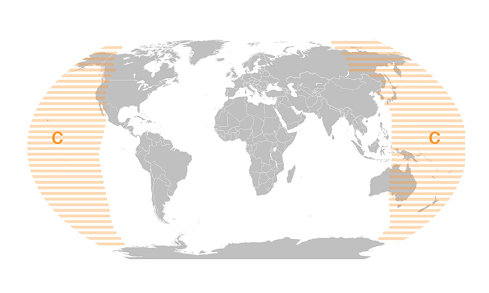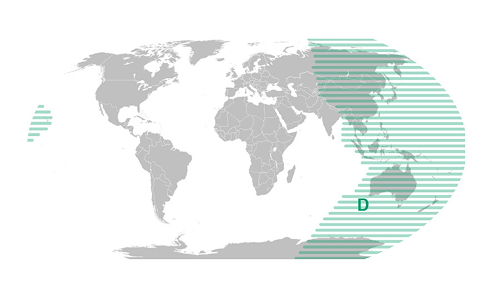
All parents carry invisible emotional loads—at Circle of Security we have a name for it - Shark Music. Fear of failing. Feeling overwhelmed. Frustration when a child pushes boundaries. The sting of feeling rejected by your own child.
These are deeply human experiences, that often lie outside of our immediate awareness.
Circle of Security helps unpack these responses, giving language to what might otherwise just feel like overwhelm or confusion. And with that clarity comes relief: less helplessness, less fear, less anger, less guilt.
By making sense of those hard moments, Circle of Security doesn’t just reduce stress, it brings understanding.
My child makes sense, my reactions make sense, we make sense.
From that place of clarity, new ways of responding naturally emerge. And the emotional load begins to lighten.
Here are some of the ways learning Circle of Security can help Alleviate Parenting Stress.
1. Understanding Emotional Needs
The Circle of Security highlights the importance of recognizing and responding to a child's emotional cues. Children often express their needs for exploration, comfort, or support through behavior, which can sometimes be misinterpreted. With the Circle of Security, parents learn to see beyond the surface and understand the underlying emotional needs driving these behaviors.
For example, a toddler throwing a tantrum may not simply be "acting out" but could be seeking reassurance or struggling to navigate their emotions. By interpreting such behaviors through the lens of the Circle of Security, parents can respond with empathy rather than frustration, reducing stress for both parent and child.
2. Building a Secure Attachment
The framework encourages parents to provide consistent emotional availability, which fosters a secure attachment between parent and child. Secure attachment has been shown to lead to healthier emotional regulation, stronger relationships, and greater resilience in children.
When parents see themselves as both a secure base and a safe haven, they gain clarity about their role in their child’s emotional world. This clarity can reduce the self-doubt and second-guessing that often accompany parenting decisions.
3. Emphasizing "Good Enough" Parenting
A cornerstone of the Circle of Security is the concept of "good enough" parenting. It reassures parents that they don’t need to meet every need perfectly—they simply need to show up with the intention to meet their child's needs as best they can. This approach alleviates the unrealistic pressure to be flawless, allowing parents to focus on being present and responsive rather than striving for perfection.
4. Encouraging Self-Reflection
The Circle of Security invites parents to reflect on their own upbringing and emotional experiences, recognizing how these may influence their current parenting style. By identifying potential triggers or patterns, parents can make conscious choices to respond differently to their child's needs, breaking cycles of negative interactions and fostering more safety in the relationship.
5. Reducing Power Struggles
Parenting stress often escalates during moments of conflict, such as power struggles over rules or routines. The Circle of Security teaches parents to approach these situations with empathy and understanding, focusing on connection rather than control. This shift in perspective helps to de-escalate tension and create a more harmonious household.







